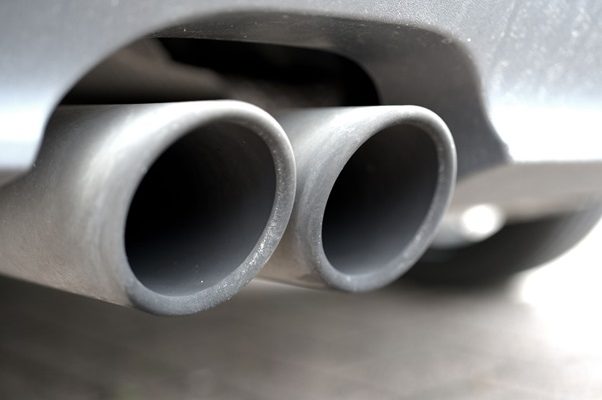Did you know the exhaust system of your car can impact performance? Beyond performance, the type of system can also affect the amount of pollution the car releases and the sound it produces. For these reasons and more, it’s important to know how exhaust systems work and how they can impact your car.
Whether you’re choosing a new exhaust system for your vehicle or looking to learn more about auto parts, this guide will help you understand how your car’s exhaust system works.
What Is the Exhaust System in a Car?
An exhaust system’s primary function is to control, redirect, and filter the exhaust of a car. Exhaust fumes consist of waste gases expelled by the engine of the car. If not for the exhaust system, these noxious fumes could find their way into the cabin of the car.
These gases can cause a variety of harmful effects on the human body if inhaled. They can also hurt the environment and add to the pollution in the air. Exhaust systems are designed to protect people and the world from these fumes by rerouting and filtering them before release into the atmosphere.
You won’t see much of the exhaust system on the outside of your vehicle except for the tailpipe, which sticks out the back of the car. This may make it seem like a small piece of the vehicle, but the intricate system actually runs through the entire car to expel gas out of the tailpipe. To understand the inner workings of the system, let’s break it down piece by piece.
How Does an Exhaust System Work?
The typical exhaust system contains an exhaust pipe, an exhaust manifold, oxygen sensors, a catalytic converter, an exhaust resonator, and a muffler.
The exhaust pipe runs the entire length of the car to route the waste gases from the engine to come out the back of the vehicle. The exhaust manifold captures the excess gas produced by the engine and funnels it into the exhaust pipe. The oxygen sensors live in the exhaust pipe or exhaust manifold and measure the ratio of oxygen to exhaust.
These sensors send alerts to the car if emissions trend too high, helping to control fuel efficiency. The catalytic converter is the most important part of the exhaust system, as it converts waste gases into less toxic pollutants. It tends to come with a hefty price tag and must meet certain environmental protection standards.
The resonator and muffler essentially control the sound of the exhaust system. Together, they manage the frequencies and vibrations of the entire system and muffle the sound that comes from it.
A variety of exhaust systems exist, so it’s worth doing some additional research to understand which one you should choose for your car. Each type comes with its own pros and cons.
Choosing Your Car’s Exhaust System
Understanding what is a car’s exhaust system will help you make a more informed decision when choosing one for your vehicle. You can get the sound you want without sacrificing performance or compatibility. Plus, if something in your exhaust system breaks, you will have an easier time recognizing the issue and getting it repaired.
Want to learn more about your automobile and how it works? Check out our site and read up on auto part information for everything from classic cars and SUVs to trucks and beyond.


